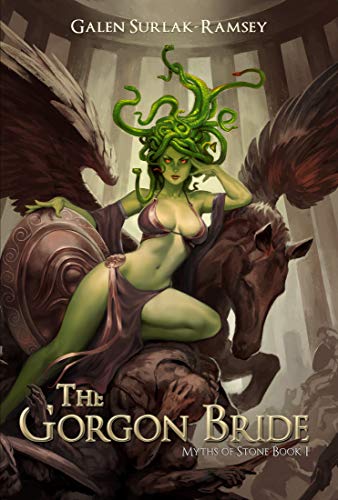The Best Lessons from The Two Worst Instructors
It’s likely “Alexander” and Prospero the Enchanter
would not be allowed to take on students in today’s educational world. But it
doesn’t mean we can’t learn life lessons from Erin Morgenstern’s The Night Circus.
Through the aura of underground magic in the 1800s,
late nights, savory food, and fantastic illusions, the novel makes commentary
on the world through its multi-character narratives. Despite the fact that The Night Circus is classified as adult literature, not even YA, it
still speaks to the child—the magic—within us all.
When Alexander and Hector make the deal for Celia to
participate in the challenge, risking her life, Alexander charms their
conversation so that Celia can’t understand it, a trick Celia notices. The last
line of the section states, “He takes his top hat from its stand and puts it on
her head, where it slides down and obscures her questioning eyes in a cage of
black silk” (Morgenstern 32).
Children tend to see through the smokescreen adults use
to cover things up, even if they don’t fully understand everything. Kids are
much smarter than we give them credit for, and they see events with questioning
eyes. Plus, the black silk metaphor is effective foreshadowing for Celia, and later,
Marco’s, life. Celia is practically caged by her father. He controls where she
goes, what she does, and even what she eats, which is practically nothing as
she grows older. Marco is similarly imprisoned by Alexander.
As people grow older, their childlike trust and
wonder, as seen in the observant Marco when he leaves the orphanage with
Alexander, may diminish. As a 19-year-old, Marco states, “People see what they
wish to see. And in most cases, what they are told that they see” (Morgenstern
40).
In terms of personal relationships, politics,
magicians, or card-reading, questioning how you perceive the world around you,
and who may be influencing those views—and what motives they have—is a critical
aspect of growing up. Questioning despite the black silk cage is a good thing.
Our final lesson has its roots in Alexander’s words:
“‘People are naïve about such things,” Marco says, a
phrase often repeated by his instructor as both admonishment and warning. ‘And
they would rather write them off as evil than attempt to understand them. An
unfortunate truth, but a truth nonetheless’” (Morgenstern 47).
Using magic or another form of “otherness” as a
metaphor to discuss discrimination is prevalent in literature from Harry Potter’s Mudbloods to the Maximum Ride series, where children are
experimented on and put in cages and studied, exploited for their talents much
like Celia is. Plus, people’s reaction to those who are different are often violent
and prejudiced, and it’s an issue that perhaps literature like The Night Circus can teach the next wave
of young adults or current adults, how to navigate.
The
Night Circus is a reminder to examine how you interact
with the world, and to create your own magic.



Comments
Post a Comment